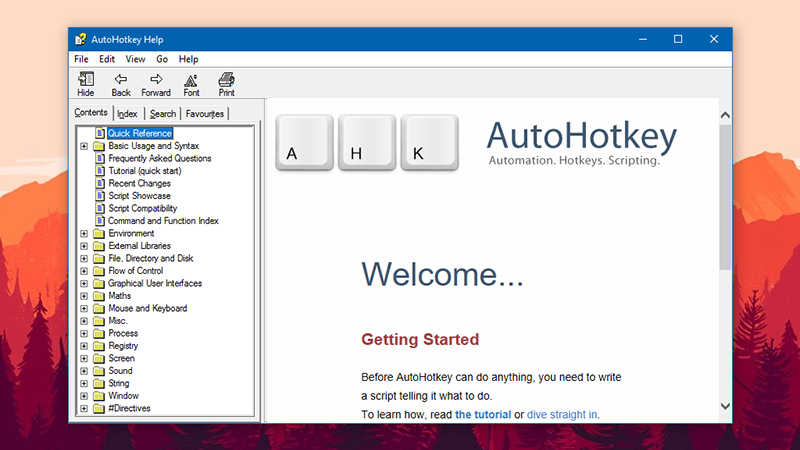The current times are testing, there is no doubt about that. The world is doing its best to fight the fatal pandemic. But what about the so-called disruptive technologies that possess immense capabilities to bring about revolutionary changes in the business world. The question arises, can the advanced technologies assist the governments across the globe to neutralize the spread of the epidemic?
Blockchain is one such technology that possesses the capability to fight the virus. The hope from the said disruptive tech has risen even more, given the fact that the medical sector has yet not come up with a solution to the ongoing crisis.
Why to Look Up to Blockchain Instead of Medical Science?
The effectiveness and applicability of blockchain across diverse industries in the last couple of years had been commendable. And, it is now making us expect from the said technology to give a prospective solution to the ongoing crisis situation. Also, the heavy spike in the relevance of blockchain certifications for young graduates in the last couple of years had been the result of the quick intrusion of the disruptive technology across diverse industries.
How Blockchain Technology is Involved with Fighting the Pandemic?
Provided the scenario across the globe, blockchain, as a technology framework, has been developing some prospective solutions to prevent the spread of the disease. Blockchain experts around the world have gathered, and are currently in the phase of solution-finding to the existing situation. Here, we will be discussing these blockchain-based initiatives ahead in the article.
Health-Data Collection of Pandemic-Affected Individuals on Blockchain
Data is the most critical element in fighting the ongoing epidemic. The crucial virus-related data sits with governments and institutional silos. The access to this data containing information about the affected population across the world can prove to be highly useful to blockchain industry professionals. A consent-based data-sharing framework is being built by blockchain experts to collate the world data on virus-hit population in real time.
To put this concept into execution, a blockchain-based startup, namely Shivom has started working on a project funded under the European Union’s Innovative Medicines Initiative. It will majorly focus on the collection and sharing of virus host data.
Blockchain-Powered Just-in-Time Pharmaceutical Supply Chains
Supply chains serve as a critical part of a country’s economical infrastructure. In the times of COVID-19, they have been fully damaged affecting the global supply of life-saving medicines. The pandemic has pulled out the loopholes in the said sector, thereby exposing the design weaknesses.
Rebuilding of trustworthy and effective supply chains powered by blockchain technology is underway. A start-up with the name RemediChain has taken up the responsibility for seamless pharmaceutical supplies across the globe. The Co-Founder of the start-up, Dr Philip Baker, is currently busy seeking ways to tracking down the unused, yet efficacious medicines like those used in cancer treatment. He sees blockchain technology as a means to the recovery of their chain of custody.
Quick Onboarding of Healthcare Workers at the Hospitals
In the face of COVID-19, our first and last line of defence are the skilled healthcare professionals. But, the issue arises in onboarding them at the hospitals given the heavy demand in the current times of crisis. Fast onboarding of healthcare workers is quickly becoming an issue that is growing big with each day passing by. Hospitals are finding it intensely difficult to verify the professionals’ credentials in the medical sector who are available to perform the critical job.
Blockchain-powered portals such as ProCredEx, Zinc.work, and Dock.io have recently come up to the rescue. These software frameworks are assisting hospitals in streamlining the coordination among varied geographies, certification bodies, and departments. These platforms have automated the process of skill-verification of healthcare workers that is yielding to quick onboarding of medical professionals at the virus-treatment facilities.




